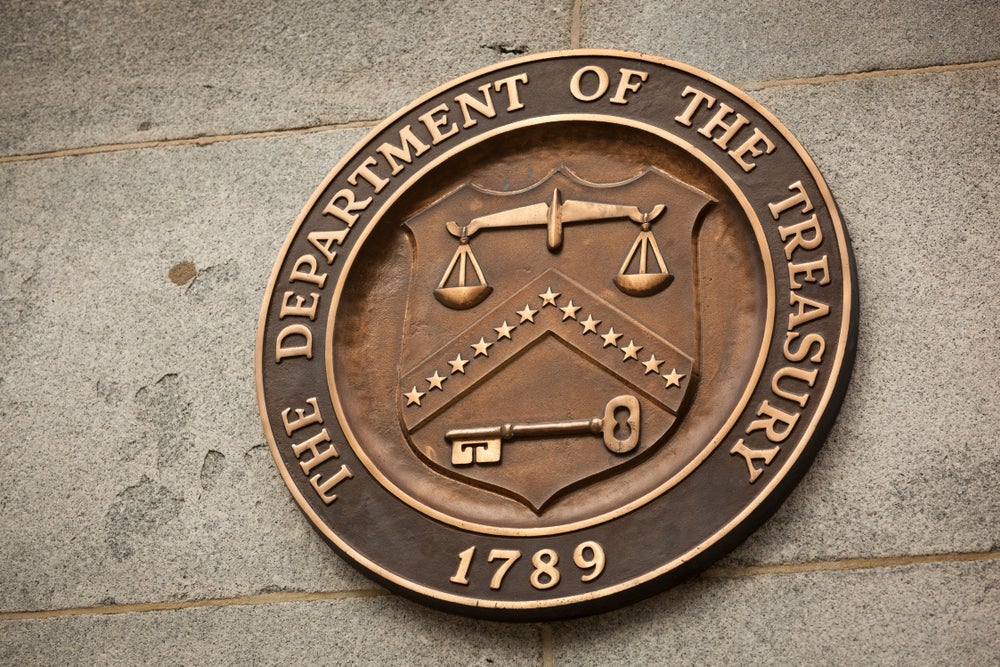
The US Treasury has said that the Group of Seven’s (G7) price cap on Russian oil is working to reduce Russian oil revenue and limit its ability to finance its war against Ukraine. The announcement comes despite increasing oil prices in recent months.
The G7 and EU member states agreed to a cap on Russian crude oil in February, which banned companies from offering services such as transportation, financing and insurance for oil sold above $60 per barrel.
The price cap forms part of the multilateral sanctions imposed by Ukraine’s allies against Russia following its invasion of, and subsequent war against, Ukraine.
In remarks prepared for a London conference on 3 August, US Acting Assistant Secretary for Economic Policy Eric Van Nostrand said he was “confident that the price cap is achieving its twin goals of restricting Russian revenues while helping stabilise energy markets”.
Oil prices have seen significant price increases in the past months. As of 4 August, they are on track for the sixth weekly gain. Saudi Arabia and Russia, the second and third-largest crude producers, have pledged production cuts throughout September in a bid to stabilise markets.
Russia will cut exports by 300,000 barrels per day (bpd) in September after it had already pledged to cut oil output by 500,000bpd from March until the end of the year.
How well do you really know your competitors?
Access the most comprehensive Company Profiles on the market, powered by GlobalData. Save hours of research. Gain competitive edge.

Thank you!
Your download email will arrive shortly
Not ready to buy yet? Download a free sample
We are confident about the unique quality of our Company Profiles. However, we want you to make the most beneficial decision for your business, so we offer a free sample that you can download by submitting the below form
By GlobalDataRevenue from Russian oil dropped by 47% between January and June 2023, according to data published by Russia’s Finance Ministry last month. Russian Ministers have acknowledged the problem of falling oil and gas revenue and told state media that quotas are being considered.
“Senior Russian officials – from their finance ministry to their central bank – have publicly lamented the impacts of the price cap, and the Kremlin has been forced to re-evaluate its tax system to squeeze more money out of oil exporters,” Van Nostrand said on Thursday.
Van Nostrand added that a forecasted rise in global oil prices throughout 2023, “for a variety of macroeconomic reasons”, was one of the reasons that the $60 price cap was introduced “as markets expected global prices to rise in the months following [the] initial implementation”.
He also said that introducing the price cap has meant that oil trading outside of the G7 has also seen a sizeable discount.
“Lower-income countries have been beneficiaries of this stability as they continue to import discounted Russian oil that the G7 no longer takes or benefit from generally lower global oil prices,” he said.
China and India, which are not members of the G7, have become key export markets for Russian crude oil following the introduction of sanctions.







